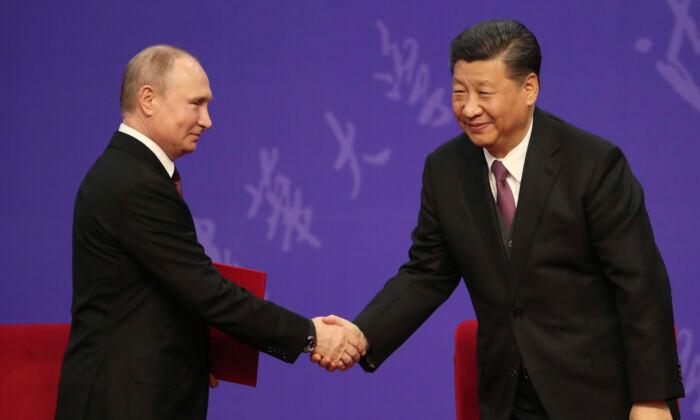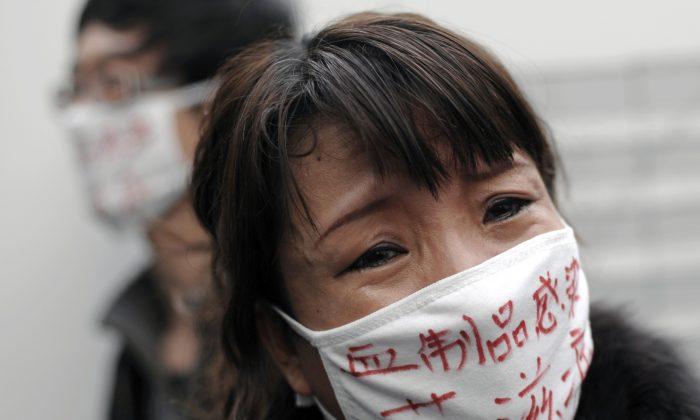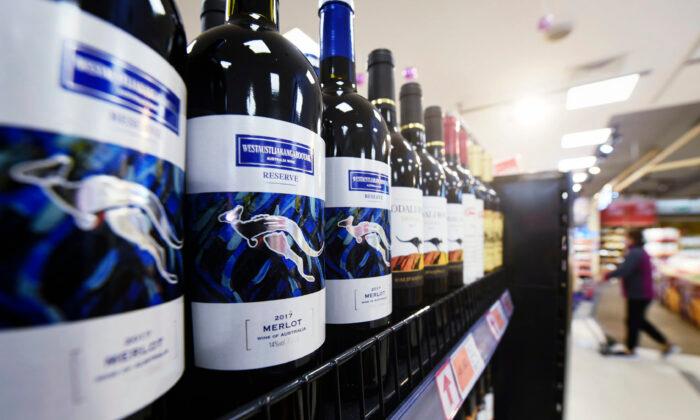With the United States and many European Union countries imposing trade sanctions on Russia and banning the import of Russian oil, it’s timely to see who the losers and winners are of these actions.
Let me show you how.
Russia currently produces about 11.3 million barrels of oil daily and exports 7.1 million barrels. Countries that import 4.8 million barrels have imposed sanctions, while countries that import the remaining 2.3 million have continued business as usual.
The price of crude oil rose to its highest levels since 2008 as U.S. and European allies considered banning Russian oil imports.
The Losers
Demand for oil remains strong mainly due to the “three E’s”—these groups are the main losers of sanctions:The Winners
Can that 4.8-million-barrel gap be closed by other sources? The short answer is no.Not only did we reportedly reach peak oil production in 2006, countries that can produce more won’t do so.
Take Saudi Arabia, the second-largest producer at 10.1 million barrels a day, also known as the central bank of oil. The Saudis can produce another 2 to 2.5 million barrels a day because of their spare capacity but they have declined to do so.
They won’t because it would hurt their profitability and upset their OPEC cartel partner Russia. That’s why Saudi Crown Prince Mohammed bin Salman declined to take a phone call from U.S. President Joe Biden.
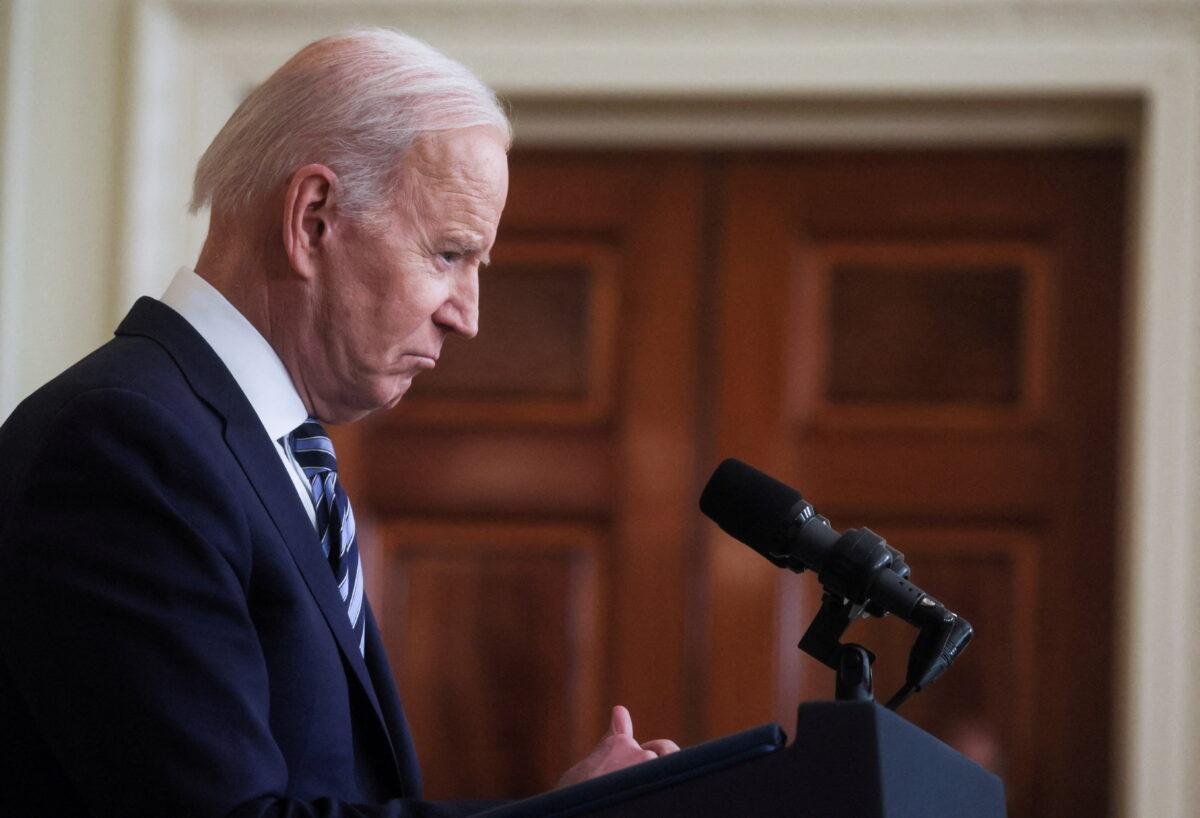
Another potential source is Iran, the fourth-largest producer at 4.5 million barrels a day. Iran also has extra capacity, but, as with the Saudis, it would hurt profits by producing more.
Not only that, Iran would require the United States and the EU to drop all of their sanctions, including its ability to acquire nuclear weapons. That’s something the U.S. and EU both will resist at all costs.
Oil can only be transported via pipeline or tanker (land or sea). Of the 19 countries that share either a land or sea border with Russia, only China has the capability and capacity to move the additional 4.8 million barrels.
China already imports 1.6 million barrels a day from Russia, and tripling its import capacity can be done in a matter of months under the regime’s Belt and Road Initiative.
The Saudis have been spooked by the prospect of losing their “number one China oil supplier” status to Russia or that one day China may not need their oil. So much so that Saudi’s petroleum arm, Saudi Aramco, recently offered to build China a new refinery facility in China with a capacity of 300,000 barrels a day, so long as it was supplied with Saudi oil.
While U.S. national security adviser Jake Sullivan warned China that it will “absolutely” face consequences if it helps Moscow evade sweeping sanctions over the war in Ukraine, that has fallen on deaf ears. China is happy to buy Russian oil at a discount and profit by selling it or using it for its global manufacturing ambitions.
After all, Chinese leader Xi Jinping himself is well-versed in oil smuggling, since he presided over the worst episode of oil smuggling in China’s history while he was the governor of the Fujian province in 1999.
The $10 billion Xiamen scandal came to light after then-Premier Zhu Rongji found it surprising that China’s fuel excise receipts weren’t increasing in line with the explosive GDP growth that China experienced in the late ‘90s.
Zhu immediately opened an investigation and vowed that any foreign petroleum company that engaged in illegal imports and hadn’t paid excise duties would be permanently banned from any dealings with China.
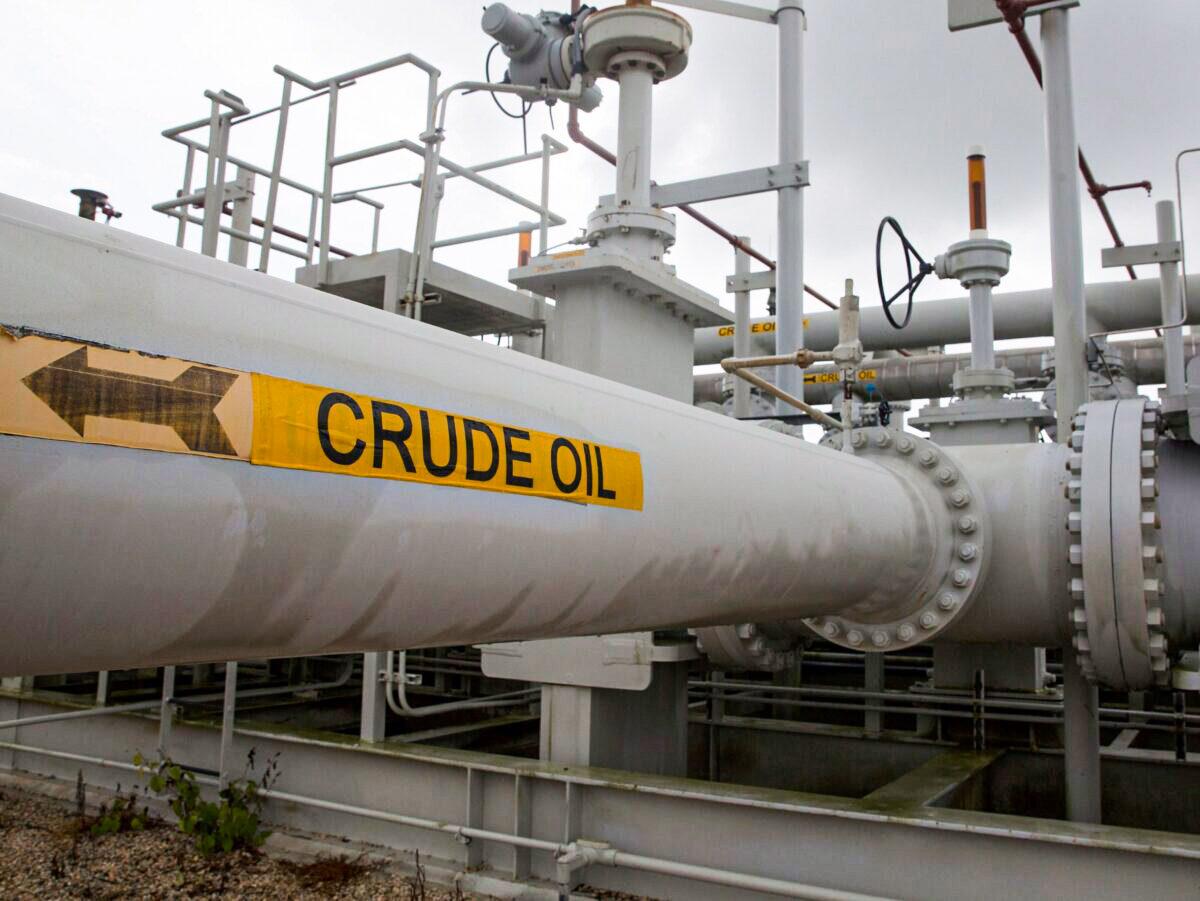
To Zhu’s surprise, the perpetrator of this excise rip-off was local entrepreneur Lai Changxing. Zhu famously commented that “executing him three times would not be enough.”
This was because hundreds of Chinese government officials, including customs and law enforcement, aided in his efforts. The scandal resulted in 14 death sentences, 11 people jailed for life, and 58 others getting lesser jail sentences.
The most outrageous revelation was that the receiving oil terminal was built by engineers from the People’s Liberation Army.
Although then-Gov. Xi didn’t face any punishment, he has the power to exonerate all those guilty smugglers in his effort to move Russian oil.
While all oil producers benefit from Russian sanctions, the main beneficiary here is China.
